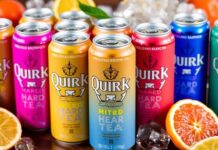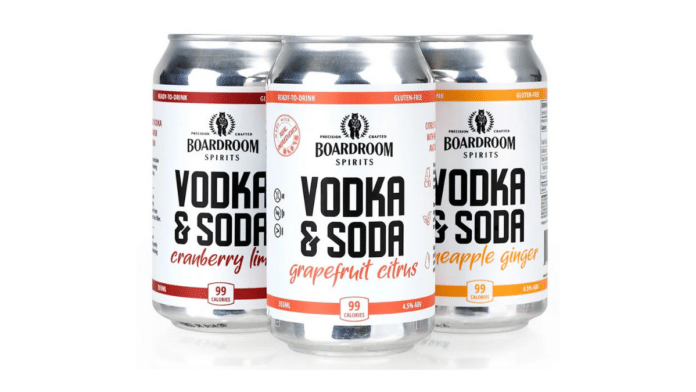The Pennsylvania Senate has passed HB 1154, which expands the carry-out sales of ready-to-drink cocktails by bars and restaurants in the state.
The legislation is seen as a way to make permanent certain laws that were temporarily enacted during the peak of COVID-19 shutdowns. Senator Mike Regan (R-Cumberland, York) chairs the Law and Justice Committee and has been instrumental in advocating for the bill’s passage.
“This bill will allow Pennsylvania employers to continue rebuilding and growing in the wake of the pandemic,” said Senator Regan.
Bar of the Future
If the Pennsylvania legislation passes the House and is signed by the Governor, it could serve as guide to other states. Restaurants and bars changed dramatically over the past year, with many states implementing temporarily orders to allow to-go mixed drinks, sometimes mixed by bartenders and then placed in problematic plastic bags.
But RTD cocktails are different, with known ABVs and ingredients. “These cocktails are not to be confused with mixed drinks to-go, which are made by bartenders in a restaurant and put in a to-go cup for consumers,” said Regan. “RTDs are manufactured and sold in sealed containers with a known ingredient list and alcohol content.”
The Bar of the Future could include a variety of canned cocktails, showcasing the brands and packaging that manufacturers invested heavily in. Consumers benefit from transparency of contents, including calories, grams of sugar, and ABV — all mysterious in the classic free-pour practice of many bartenders.
Over 35 states allowed bars and restaurants to sell cocktails to-go during the past year. Furthermore, at least 15 states have made certain temporary orders permanent. That list includes Arizona, Arkansas, Florida, Georgia, Iowa, Kansas, Kentucky, Montana, Nebraska, Ohio, Oklahoma, Oregon, Texas, West Virginia, and Wisconsin. Even the District of Columbia has made certain permanent changes to law.
Dozens of other states are also considering legislation to extend or make permanent cocktails to-go measures.
- ThirstyFrog Sets Sail - September 7, 2022
- Tell Me Whey: Dairy Hard Seltzer Developed by Cornell Scientist - July 24, 2022
- Constellation Brands Expected to Announce Significant Quarterly Increase in Sales - September 27, 2021














